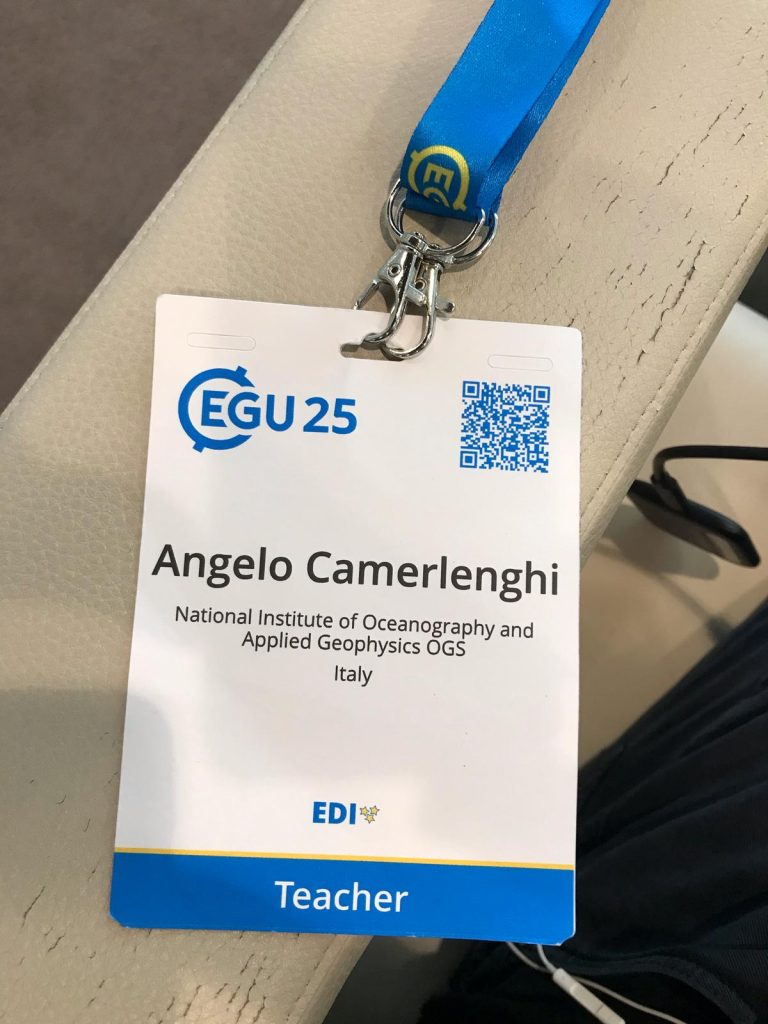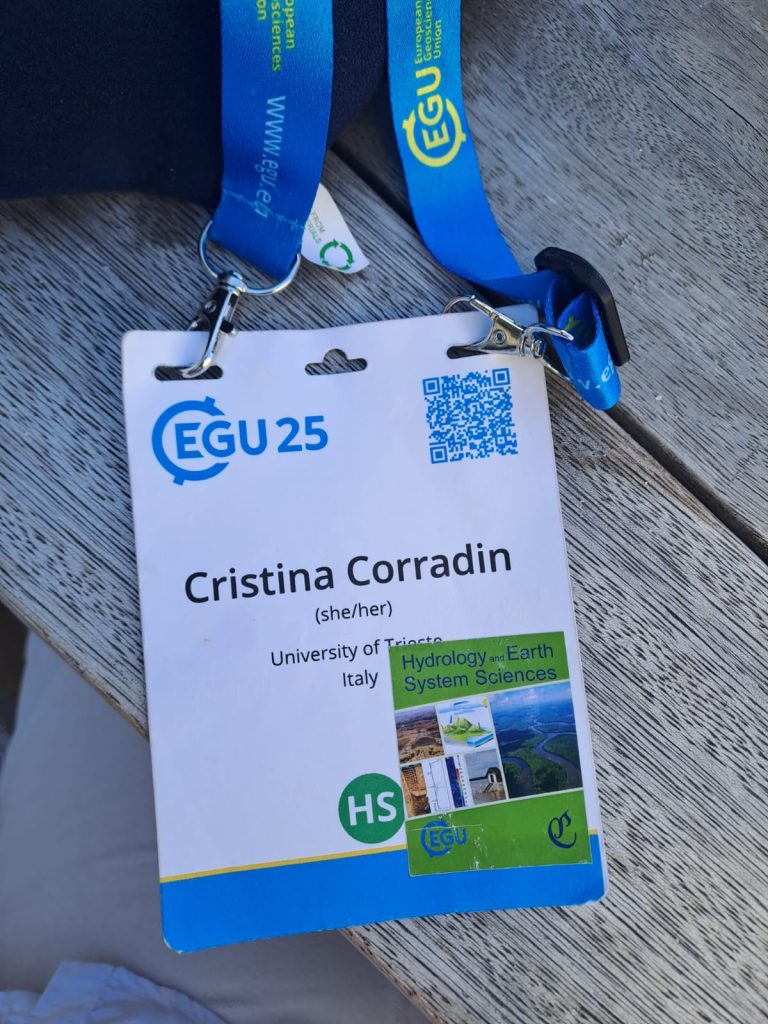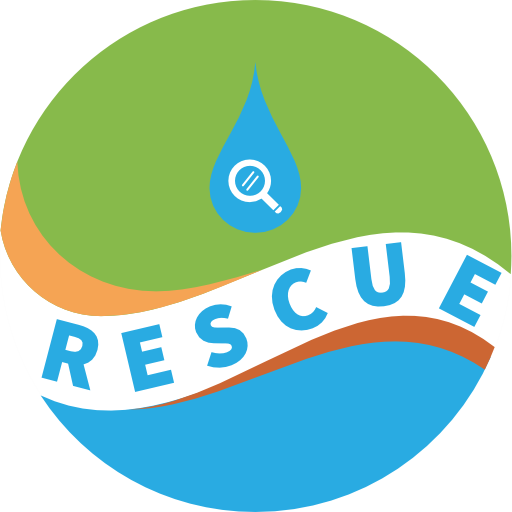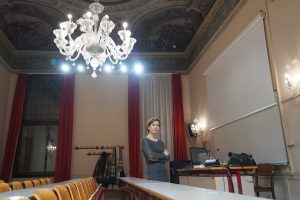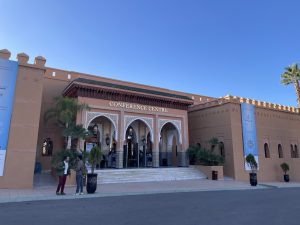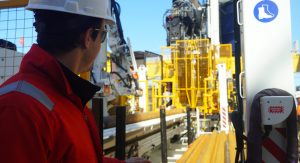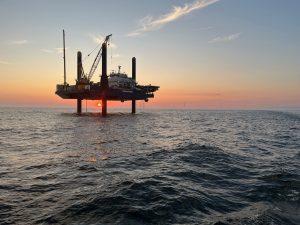Partners in the Project RESources in Coastal groundwater Under hydroclimatic Extremes (RESCUE), a groundbreaking project funded by Water 4 All and co-funded by the European Union, featured prominently at the General Assembly 2025 of the European Geosciences Union (EGU) in Vienna, which took place from 27 April–2 May 2025.
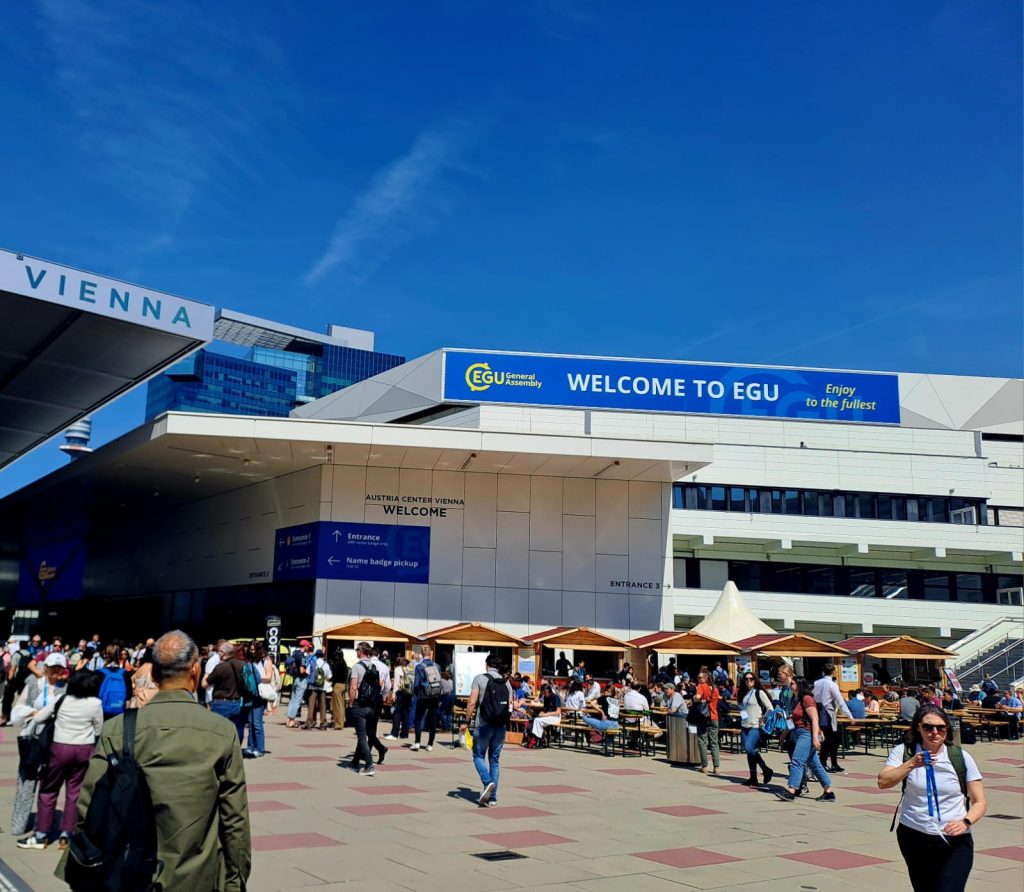
RESCUE aims to build knowledge on offshore and deep onshore low salinity aquifers in European coastal areas, to evaluate novel freshwater resources, and help secure a steady supply of water to both population and industry, in times of hydroclimatic extremes. As the leader of Outreach and Communication in RESCUE, the National Institute of Oceanography and Applied Geophysics – OGS was therefore, delighted to learn a number of our partners submitted abstracts to the EGU this year, as well as see other initiatives, such as the International Ocean Drilling Programme (IODP3) that RESCUE has previously highlighted, feature at the event.
Led by the University of Trieste (UNITS), RESCUE’s objective is to help establish the foundations for the evaluation of new resources for local and regional policy makers, while the global applicability of the outputs will allow upscaling to Europe-wide or other large areas worldwide, where water is needed. The Consortium of the 36-month long project, which began in March 2024 and ends in February 2027, also includes Ruden AS, University of Derby (UoD) and University of Malta (UM).
Jordan Phethean (University of Derby), whose abstract “Rapid ML and semi-automated methods for large-scale subsurface data interpretation and reservoir modelling: Applications for offshore freshened groundwater (OFG)” was submitted to the EGU, attended the EGU in person. The abstract focuses on how RESCUE explores new methodologies to allow for the flexible and rapid identification, assessment, and modelling of OFG systems on a large scale in light of the criticality of water stress across the world. In this context, OFG is being increasingly identified as a means of mitigation during extreme climatic events.
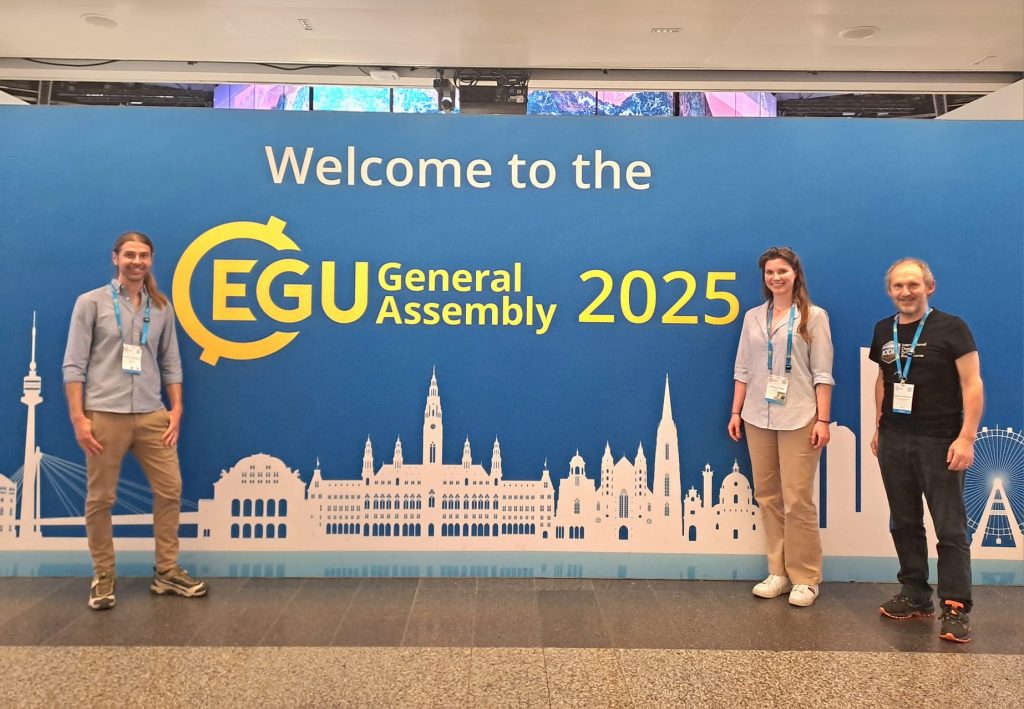
Aaron Micallef of the University of Malta co-authored several abstracts submitted to the EGU on OFG, including the following:
- “Unravelling groundwater salinization and flushing in the Canterbury Bight during glacial-interglacial cycles: Insights from paleo-hydrogeochemical modelling”
- “Can offshore groundwater flow within shelf sediments generate fluid deformation structures?”
- “Sustainability Challenges in Groundwater Management: Insights from 3D Hydrogeological Modelling in the Venetian-Friulian Plain”
- “Offshore Freshened Groundwater prospecting using Machine Learning”
- “Unlocking Offshore Freshened Groundwater Potential: Assessing Feasibility in EU COST Member Countries”
Cristina Corradin (OGS and University of Trieste) presented her abstract in person on the “Hydrogeological model of the Venetian Friulian Plain and North Adriatic”, with an emphasis on offshore freshwater resources. The study integrates a geostatistical approach to develop the regional geological framework, a stratigraphic model of the area, and a groundwater model.
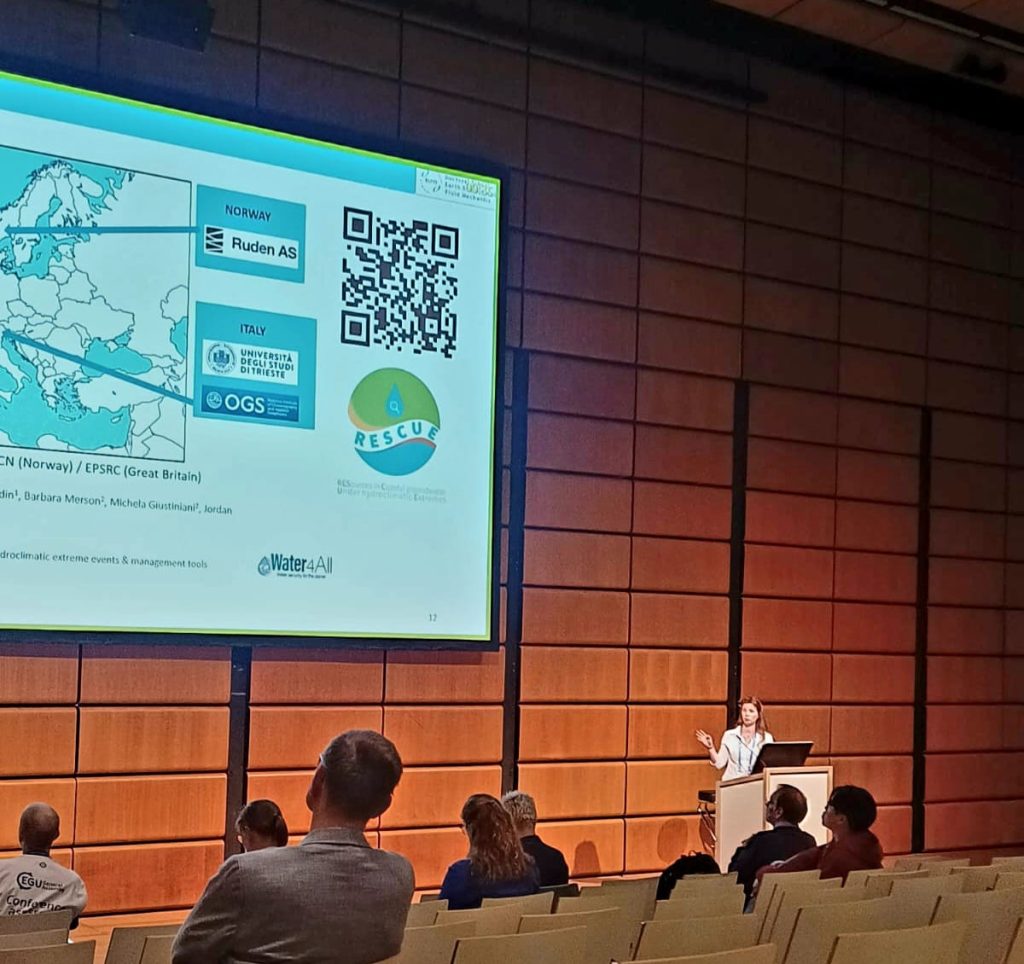
Angelo Camerlenghi (OGS) was the co-author of several abstracts, including that of Cristina Corradin. He was also present in person at the EGU for scientific sessions on the new scientific drilling initiative, Expedition 501 New England Shelf Hydrogeology, which is operated by the European Consortium for Ocean Research Drilling (ECORD) and will last throughout this summer, off the New England coast in the United States (read more on this story here).
